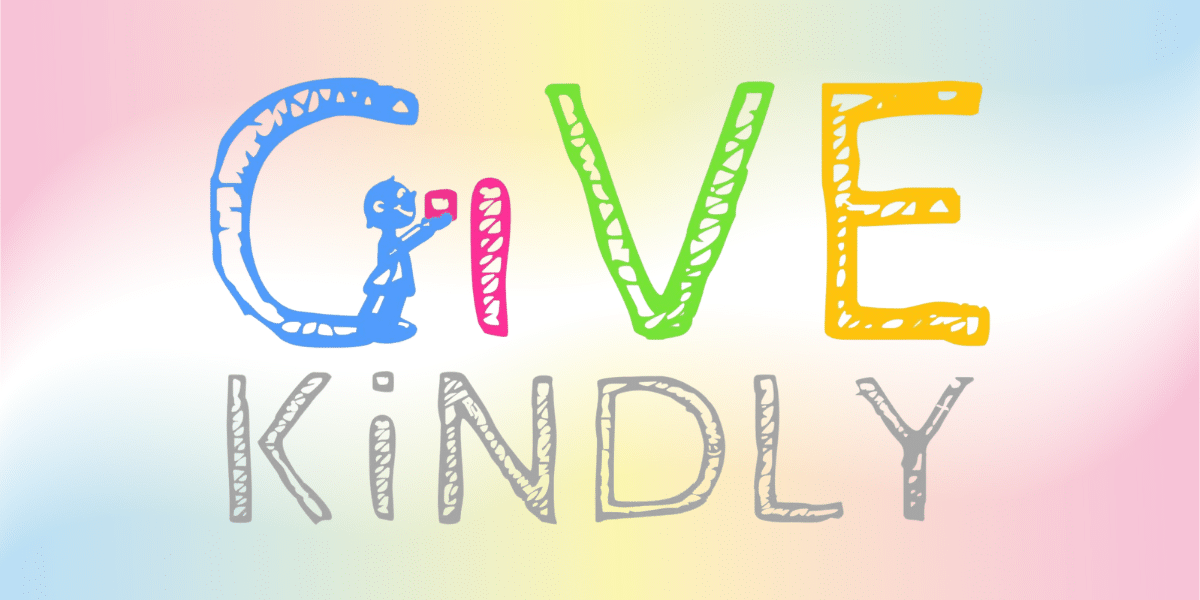Lil Herbie is the latest black male character to inspire children of color to break free from limitations and enjoy learning and growth.
Proper representation of diverse races, ethnicities and cultures in media is a powerful tool for empowering oppressed communities. With the heightening racial tensions, it is more important than ever for young Black children to see themselves represented by popular characters. Lil Herbie takes that mission one step further by displaying children of colors’ talents and potential. As the official mascot for Every 1 Voice Matters, the character allows African-American kids to envision achieving the same accomplishments as other people.
Despite the crucial role of media representation, the last animated Black male lead character was Little Bill. He debuted almost two decades ago in the late ‘90s. Lil Herbie now takes on the mantle of making an impact on children’s lives. In combating the dire social issues kids face today, Lil Herbie spreads positivity. He is raising awareness on issues like bullying while promoting reading and fun learning.
The mascot’s creator, Sherrika Myers, drew from her life experiences in designing Lil Herbie and his character background. Myers grew up in a single-family home. With their tight resources, she was unable to seek help for her stuttering issue. The only thing available to Myers to control her stuttering was a book, which further developed her passion for literature and storytelling.
Sherrika Myers created the character after seeing children’s response to the initial Lil Herbie animated series. She realized that kids have a more positive reaction to an actual character. Naming her mascot after her grandson, who also stutters, Myers considers Lil Herbie as a reminder of the child within her. The character retells her story of overcoming her fears by finding her voice.
Given his carefully crafted background, Lil Herbie is easily relatable to all children. In the mascot’s established narrative, Lil Herbie went through some of the same issues faced by Black youth daily. He was teased a lot and developed the fear of talking to people. However, he rose above these challenges and achieved success. By picking up a book and reading aloud, he began to control his stuttering and regain his confidence. The character represents perseverance and determination — qualities that define the Black experience.
Lil Herbie stands for all children who grew up without many resources or privileges. He is an excellent example of each child’s capacity to not allow their past or current circumstances to define their future. “I wanted our African-American kids to look at Lil Herbie and feel like ‘If he can do it, then I can do it too,’” explains Sherrika Myers.
Lil Herbie has a book collection, including Herbie’s New Home and Herbie Goes to School. The Lil Herbie Show is also scheduled to premiere this spring. Together, these resources enable Lil Herbie to promote children’s self-confidence, build their self-esteem and break down commutative social barriers.
To learn more about Lil Herbie, you may visit his website.











